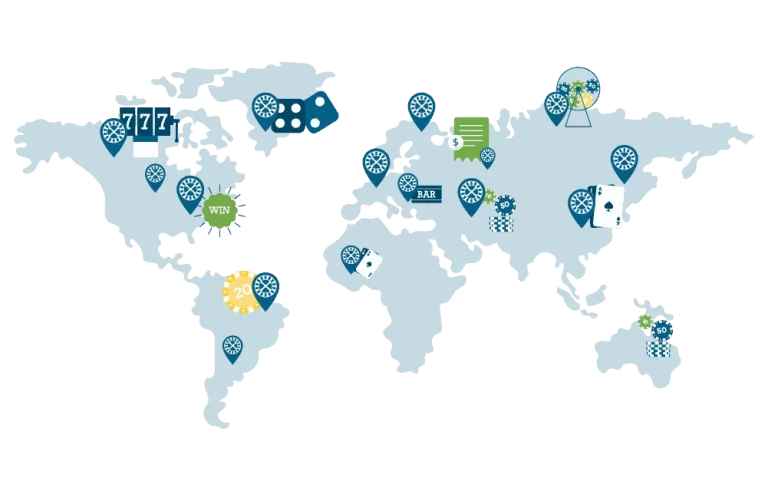Self-exclusion programs are designed to help individuals limit their access to certain activities, such as gambling or social media, in order to promote healthy behavior and prevent addiction. These programs can be effective tools for those who struggle with self-control and need additional support to avoid potentially harmful behaviors.
What is Self-Exclusion?
Self-exclusion is a voluntary agreement made by an individual to exclude themselves from participating in certain activities or environments. This can include banning oneself from entering casinos, blocking access to online gambling sites, or setting limits on social media usage. By proactively setting boundaries, individuals can reduce the risk of developing addictive behaviors and protect their well-being.
How Do Self-Exclusion Programs Work?
Self-exclusion programs typically involve individuals signing a contract or agreement outlining the specific terms and conditions of their exclusion. This may include setting time limits for the exclusion period, specifying which activities or platforms are off-limits, and outlining the consequences of violating the agreement.
Once the self-exclusion agreement is in place, individuals may be required to take certain steps to enforce their exclusion. This can include installing software or apps that block access to specific websites or applications, setting up parental controls on devices, or seeking support from a counselor or therapist to address underlying issues driving their behavior.
Benefits of Self-Exclusion Programs
Self-exclusion programs offer several benefits for individuals seeking to change their behavior and maintain control over their actions. By proactively setting limits on their activities, individuals can reduce the temptation to engage in harmful behaviors and create a safer environment for themselves.
In addition, self-exclusion programs can provide individuals with a sense of empowerment and control over their lives. By taking the initiative to set boundaries and enforce them, individuals can boost their self-esteem and confidence in their ability to make positive choices.
Challenges of Self-Exclusion Programs
While self-exclusion programs can be effective tools for promoting healthy behavior, they also come with challenges. For some individuals, sticking to their self-imposed limits may be difficult, especially when faced with triggers or temptations that test their willpower.
In addition, self-exclusion programs may not address the underlying issues driving addictive behaviors. Without addressing these root causes, individuals may struggle to maintain their commitment to the program and may be at risk of relapse.
Conclusion
Self-exclusion programs are valuable tools for individuals looking to change their behavior and minimize the risk of addiction. By proactively setting boundaries and enforcing them, individuals can create a safer and healthier environment for themselves, promoting overall well-being and self-control.
While self-exclusion programs come with challenges, such as maintaining commitment and addressing underlying issues, they offer a structured approach to behavior change and can provide individuals with the support they need to make positive choices.
Ultimately, self-exclusion programs empower individuals to take control of their actions and promote a healthier lifestyle, free from harmful behaviors.







